Rust is a common problem for metal surfaces, particularly iron and steel. It is the result of an oxidation reaction that occurs when the metal is exposed to moisture and oxygen, causing it to corrode and form reddish-brown flakes or scales. Over time, rust can weaken the metal and make it more prone to damage, so it is important to take steps to prevent rust formation or remove it once it has formed.
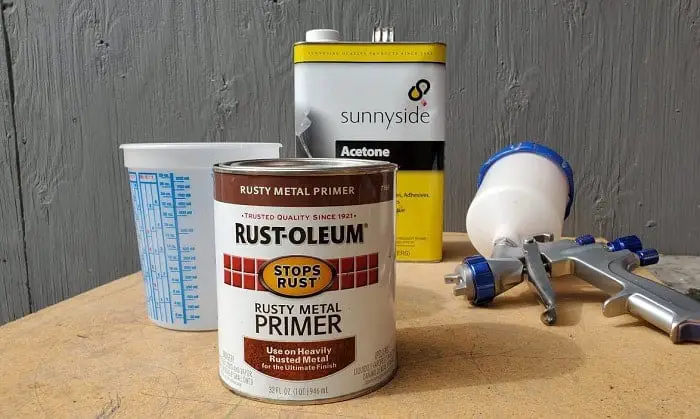
There are several methods for removing rust from metal, ranging from simple home remedies to more specialized chemical treatments. One of the simplest methods is to use a mixture of lemon juice and salt, which can be applied to the rusted area with a soft cloth. The acid in the lemon juice reacts with the salt to dissolve the rust, which can then be scrubbed away. For more stubborn rust, vinegar or a solution of baking soda and water can be used.
If the rust has already caused significant damage to the metal, sanding or wire brushing may be necessary to remove it. In these cases, it may be helpful to use a specialized rust removal product, such as a rust dissolver or rust converter. These products can be applied directly to the rusted surface, where they react with the rust to dissolve it and convert it into a stable compound that can be painted over. After the rust has been removed, it is important to protect the metal from further rust formation by applying a rust inhibitor or rust-preventative paint.
Best Primers For Rusted Metal Overview
One of my favorite products is a rust converter, which works by chemically converting the rust into a stable, paintable surface. This not only removes the rust but also provides a solid base for the primer to adhere to, ensuring a longer lifespan for the paint. I have been using rust converters for years, and I am consistently impressed by the results. The conversion process is fast and effective, and the end result is a smooth, rust-free surface that is ready for painting.
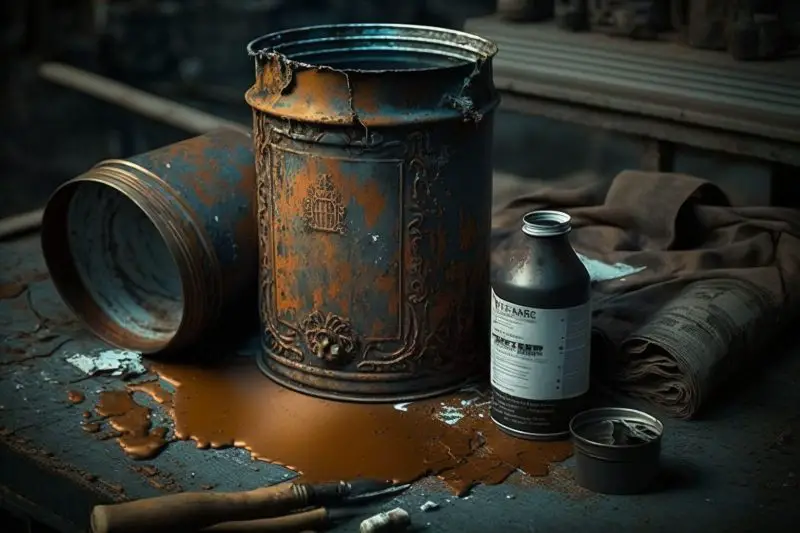
Another product I highly recommend is a rust inhibitor primer. These primers contain rust inhibitors that work to prevent rust from forming in the first place. They are particularly useful for metal surfaces that are exposed to moisture and oxygen, and are ideal for use in harsh environments where rust formation is a constant threat. I have used rust inhibitor primers in a variety of applications, and I have always been pleased with their performance. The primers go on smoothly and dry quickly, leaving a protective layer that helps to prevent rust formation.
In conclusion, I believe that the best primers for rusted metal are those that not only remove the rust but also provide long-term protection against future rust formation. Whether you choose a rust converter or a rust inhibitor primer, you can rest assured that your metal surface will be protected against rust for years to come. I am confident that you will be as impressed as I am with these amazing products!
Best Primers For Rusted Metal Comparison Table
- Rust converters: Rust converters are chemical compounds that react with the rust on the metal surface, converting it into a stable, paintable compound. They are usually applied in a thin layer to the rusted surface, where they react with the rust and dissolve it, leaving a smooth, rust-free surface that is ready for painting.
- Rust inhibitors: Rust inhibitors are chemical compounds that are added to primers to prevent rust from forming in the first place. They work by creating a barrier between the metal surface and the moisture and oxygen that cause rust to form. Rust inhibitors are particularly useful for metal surfaces that are exposed to harsh environments, where rust formation is a constant threat.
- Zinc phosphate: Zinc phosphate is a commonly used ingredient in rust inhibitor primers. It works by creating a protective barrier on the metal surface that helps to prevent rust from forming. Zinc phosphate is highly effective and provides long-term protection against rust.
- Acrylic resins: Acrylic resins are added to primers to improve adhesion and durability. They help to bond the primer to the metal surface and provide a long-lasting protective layer.
Now, let’s take a look at a comparison table that highlights the key features of each ingredient:
| Ingredient | Purpose | Pros | Cons |
|---|---|---|---|
| Rust converters | Convert rust into a stable, paintable compound | Fast and effective removal of rust | May not provide long-term protection against rust formation |
| Rust inhibitors | Prevent rust from forming | Long-term protection against rust formation | Can be more expensive than other ingredients |
| Zinc phosphate | Create a protective barrier against rust | Highly effective in preventing rust | Can be more expensive than other rust inhibitors |
| Acrylic resins | Improve adhesion and durability | Provides long-lasting protection | Can make the primer more expensive |
As you can see, each ingredient has its own unique pros and cons. When choosing the best primer for rusted metal, it is important to consider your specific needs and budget to determine the best option for you.
Equipment That You May Need When Working With Best Primers For Rusted Metal
| Equipment | Purpose |
|---|---|
| Wire brush or sandpaper | To remove loose rust and rough up the metal surface |
| Protective gloves | To protect your hands from harmful chemicals |
| Dust mask | To protect your lungs from harmful fumes and dust |
| Paint scraper | To remove any loose paint or rust |
| Clean cloths | To clean the metal surface before applying the primer |
| Paintbrush or roller | To apply the primer to the metal surface |
| Drop cloths | To protect surrounding areas from spills or splatters |
It is important to make sure that you have all the necessary equipment before starting your project. Having the right tools will help you to complete your project quickly and effectively, and will ensure that you get the best possible results.
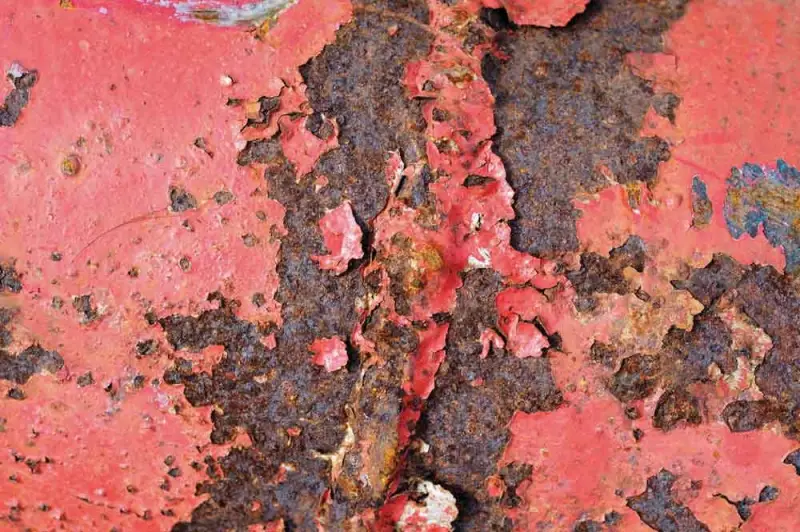
Step By Step Instruction On How To Make Best Primers For Rusted Metal
Instead, I recommend using commercially available primers that have been tested and approved for use. These products can be easily found at home improvement stores or online, and they come with clear instructions for use. By following the instructions carefully, you can ensure that your metal surface is properly primed and protected against rust.
F.A.Q.
What is the best way to prepare a rusted metal surface for priming?
To prepare a rusted metal surface for priming, you should first remove any loose rust and debris using a wire brush or sandpaper. Then, clean the surface with a clean cloth to remove any dirt or grease. If the surface is heavily rusted, you may need to use a rust converter to convert the rust into a paintable compound.
Can I paint over rust without using a primer?
It is not recommended to paint over rust without using a primer, as the paint will not adhere well to the metal surface and will not provide adequate protection against rust formation. A primer specifically designed for rusted metal is necessary to provide a stable, paintable surface and prevent rust from forming.
How long does it take for the primer to dry on a rusted metal surface?
The drying time of the primer depends on several factors, including the type of primer, the temperature, and the humidity. Most primers for rusted metal are fast-drying and will typically be dry to the touch within a few hours. However, it is important to follow the manufacturer’s instructions for drying times and to allow adequate time for the primer to fully cure before applying paint.
Can I paint over a rust inhibitor primer with any type of paint?
Yes, you can paint over a rust inhibitor primer with any type of paint, including oil-based, water-based, or epoxy paint. However, it is important to choose a paint that is suitable for the metal surface and the environment in which it will be used.
How often do I need to reapply the primer on a rusted metal surface?
The frequency with which you need to reapply the primer depends on the conditions in which the metal surface is exposed. If the surface is exposed to harsh weather or corrosive substances, it may be necessary to reapply the primer more frequently. A well-applied primer should provide long-term protection against rust, but it is important to regularly inspect the surface and reapply the primer as necessary to ensure that it remains in good condition.
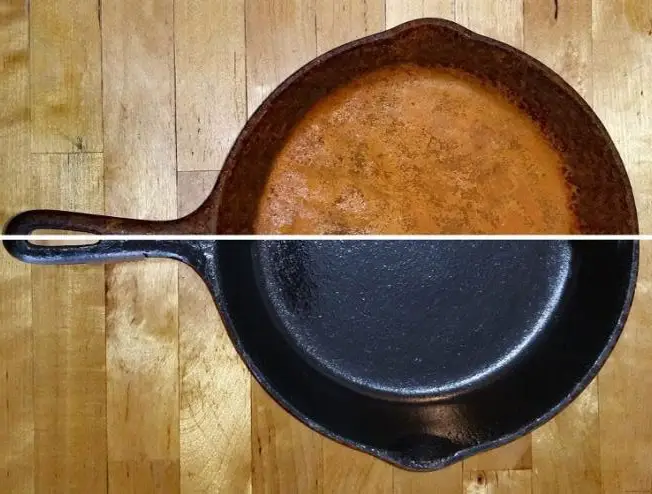

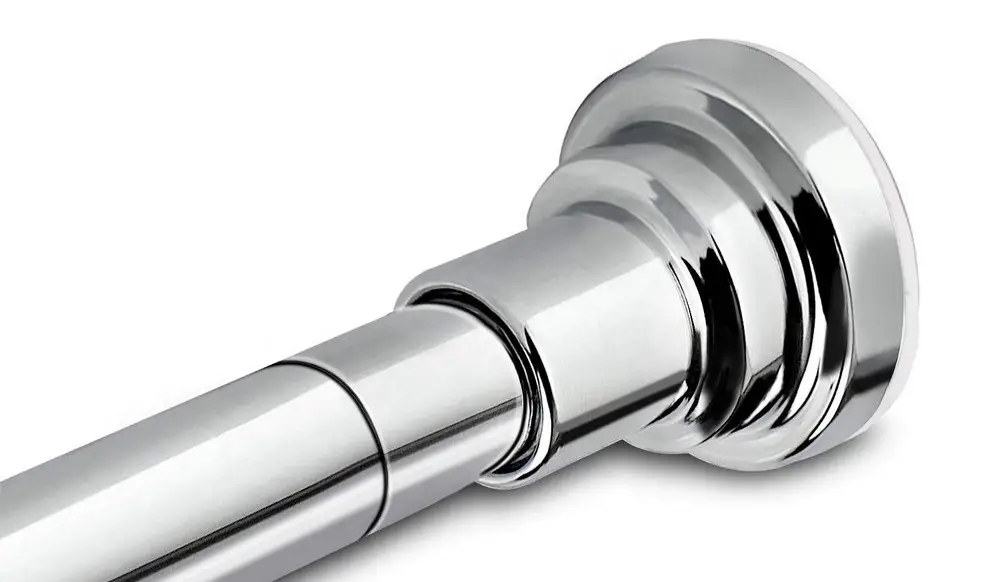
Leave a Reply